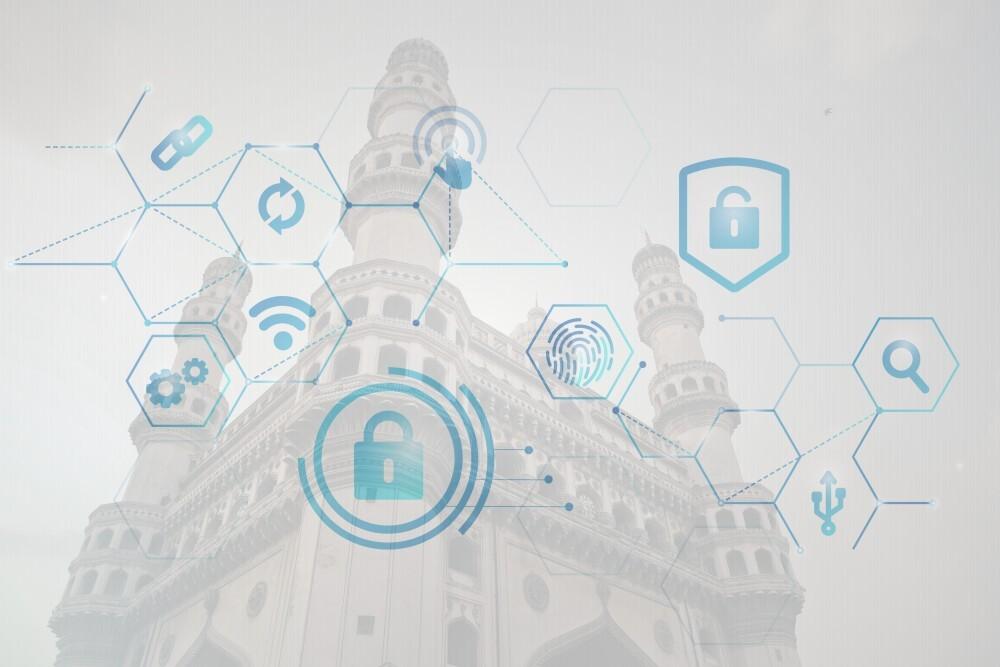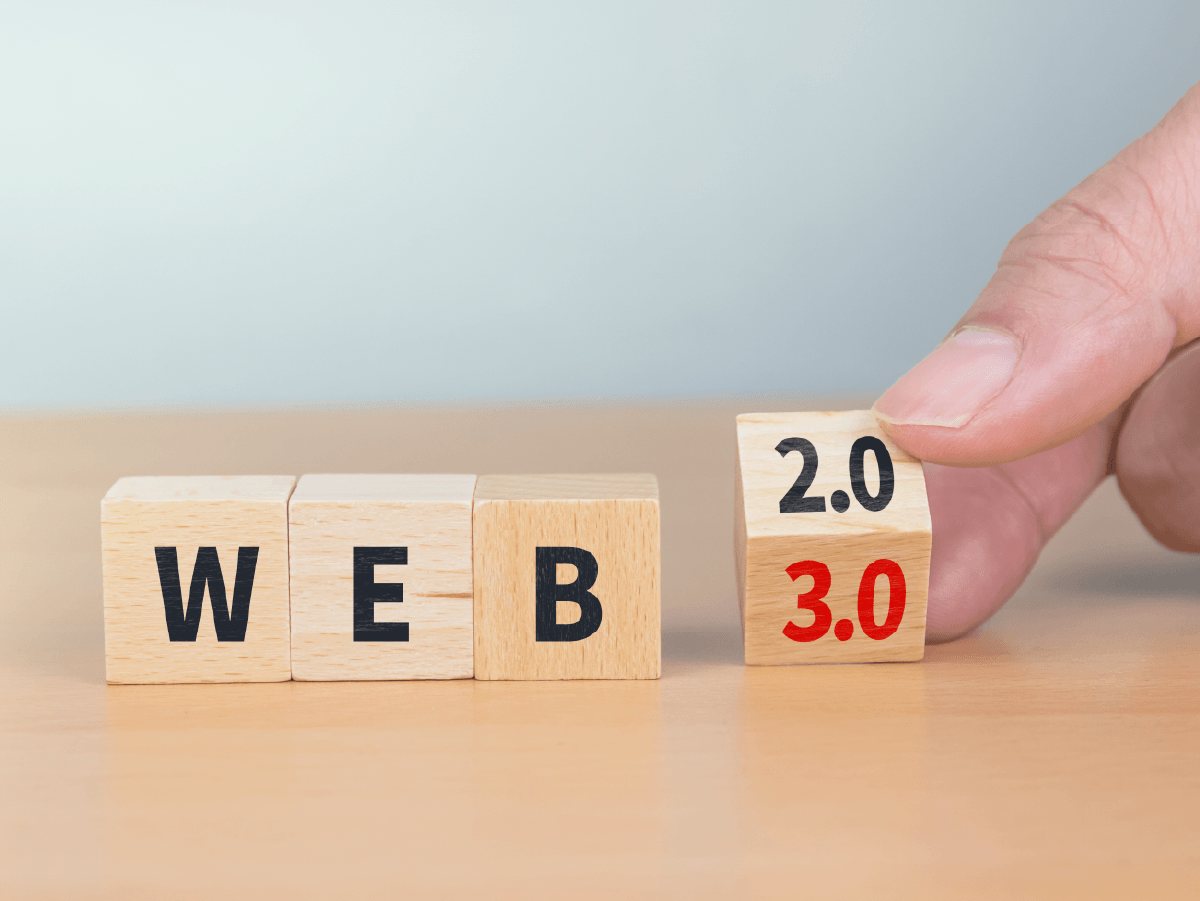
Today businesses are witnessing rapid digital transformations and leveraging technology to optimize their business operations but are they prepared for the emerging threats of cyber warfare:
The recent cases of supply chain attack incidents such as the hacking attempts at the IBM vaccine supply-chain, file security breach at Singtel and hacking of 570 e-commerce stores, including in India has alarmed the technology world.
These hacking incidents highlighted the need for organisations to acknowledge & understand supply-chain cyber threats and be prepared for the new heightened danger.
What is a supply-chain attack?
A supply chain attack happens when the hacker accesses your system through an outside party who has access to your systems and data.
What are the risks of a supply-chain attack?
The hackers target the least secure element in your supply-chain system and can interfere with the manufacturing processes or delivery route of the products & services by installing a hardware-spying component.
When a commonly used software is attacked, hackers can gain access to all the enterprises of that software.
It can occur in any industry, from healthcare, service sector, the financial sector, private or government.
Some supply chain management experts suggest that these attacks have the potential of causing more damage than some forms of the natural disaster.
The supply chain virus attacks not only lead to financial loss but operational, reputational damages.
If an e-commerce business endures a supply-chain attack, it leads to a violation of customers financial information. And, the cost of recovery, building trust and damage control is very high.
Supply-chain virus attacks compromise every aspect of the business : including design, orders, invoicing, payments etc.
Therefore, it's very important for businesses to build a secure supply-chain system.
How to mitigate the risk?
Today, customers want quick access to products & services through the internet and therefore, the digital transition of operational activities is imperative in today's world economy.
It is a necessity for businesses to have strict control of their supply-chain process to avoid any potential threat from hackers.
Here are some ways businesses can mitigate the risks-
- Conduct a security audit regularly.
- Identify the less-secure elements in the supply-chain network.
- Ensure your software is up-to-date.
- Review permission access to important files.
- Know the identities and no. of people that maintain/run data
- Ensure data is encrypted while transferring.
- Use strong multi-factor & multi-step authentication.
- Install firewall & anti-virus software.
- Know your supplier's data.
- Frequently back-up data
- Verify supplier's policies.
- Provide security awareness training to the employees.
What are the immediate actions to take after a supply-chain attack?
- Identify & isolate the source of the attack.
- Limit access to all data.
- Notify the stakeholders about the attack.
- Update firewall and anti-virus.
- Use backed up data them as necessary
Every business today in every industry faces the risk of a cyberattack. While businesses may not eliminate the risk of a data breach entirely, they can take steps towards building a strong and agile system.
Businesses that implement timely, data-driven decisions that focus on risk-reduction are less likely to face any cyber threat.





